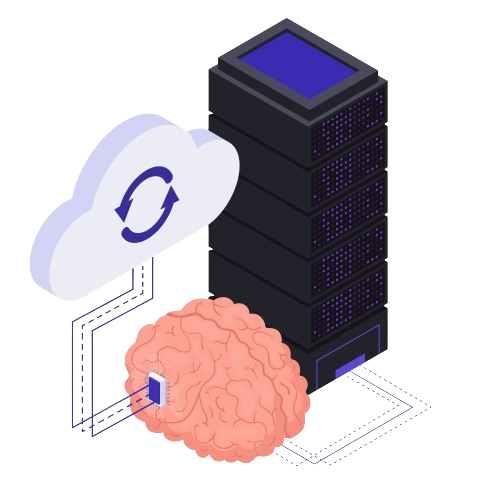Efficient Development and Operations Integration
Our DevOps services focus on integrating development and operations processes to streamline software delivery and enhance collaboration between teams. By leveraging automation, continuous integration, and continuous deployment practices, we help organizations achieve faster time-to-market, higher quality software, and improved business outcomes.



